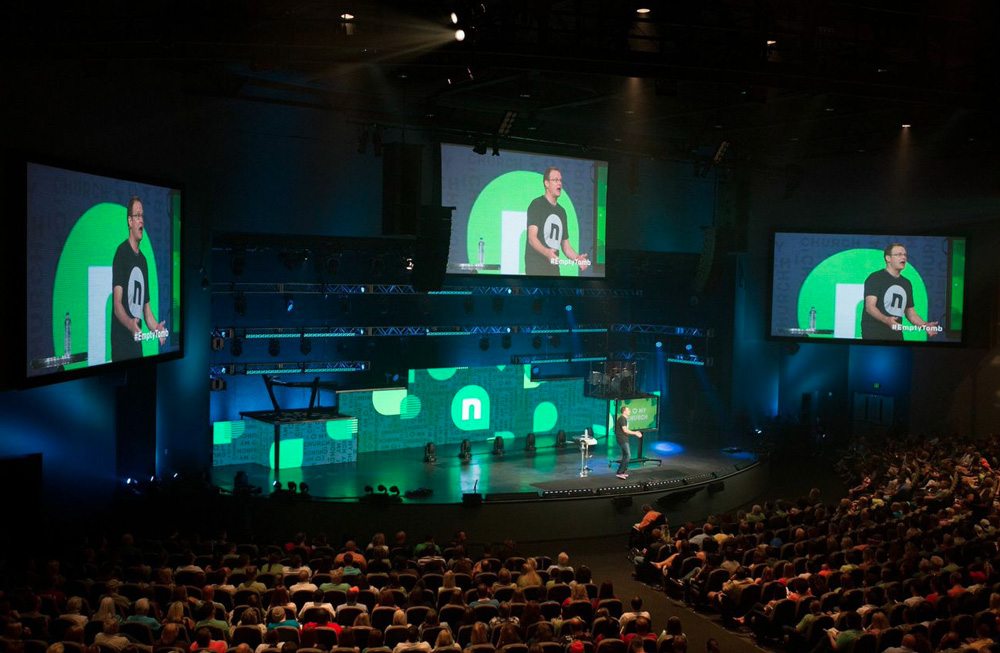The Problem With Mega-Churches
IS S.C. PASTOR’S IMPLOSION AN INDICTMENT OF “ROCK STAR” WORSHIP? The fall from graYou must Subscribe or log in to read the rest of this content.
IS S.C. PASTOR’S IMPLOSION AN INDICTMENT OF “ROCK STAR” WORSHIP?
The fall from gra
